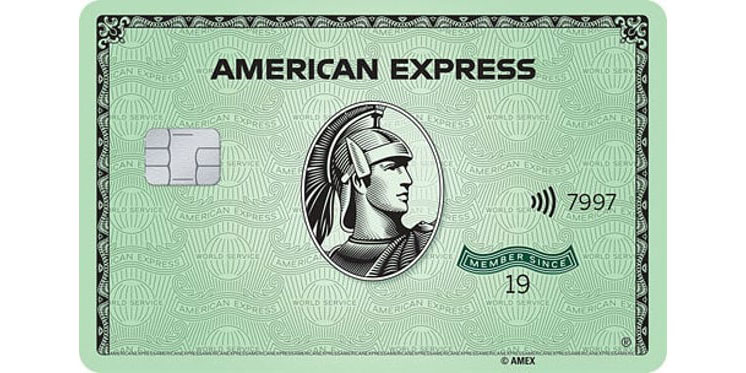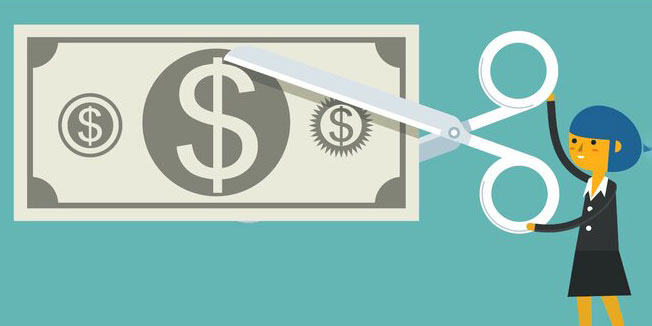What's The Deal With 401(k)s And Pensions, Anyway
The 401(k) and the pension are examples of retirement plans funded by the company in which one works. Intelligent investors can utilize either to supplement their retirement savings with employer contributions or benefits. What is the difference between these two pension programs?
Comparing 401(k)s and Pensions

A 401(k) is a defined-contribution plan, whereas a pension is a defined-benefit plan; this is the primary distinction between them. While both employees and employers can contribute to and invest in a defined-contribution plan, the latter guarantees a set payment to retirees. These key distinctions define who is responsible for the investment risks, the company or the employee.
Because of the decline in the prevalence of pensions, 401(k)s have been forced to fill the void they weren't meant to fill in the first place. Sixty-six percent of private sector workers in the United States have defined contribution plans, whereas just fifteen percent have defined benefit plans as of March 2022.
401(k) Schemes

Pretax payroll deductions from employees are the primary source of money for a 401(k) plan. The money you put in can be invested in several different things, most often mutual funds, stocks, bonds, other assets, and even annuities.
Regardless of the type of investments you make, the growth of your 401(k) account is exempt from taxes, and your account's potential for development is unrestricted.
With 401(k) plans, many companies will "match" their employees' contributions or put in the same amount of money as the worker. 3 Suppose, for the sake of argument, that your company will match up to 6% of your income in 401(k) contributions made by you.
Retirement Plans
The employee does not make or bear any investing choices or risks in a pension plan. Instead, the employer contributes to a diversified investment portfolio overseen by a financial advisor. Sometimes, workers are expected to contribute as well; however, in other circumstances, they can opt-out. 6
In exchange, the sponsor agrees to pay retired workers a certain monthly amount for the rest of their lives. This sum is generally calculated by multiplying the employee's final average income from the previous three to five years by a percentage (often 2%), then applying that result to the number of years the individual has worked.
Which Is Better, a Pension or a 401(k)?
Both plans have advantages and disadvantages, but pensions tend to be favored since the employer takes on all of the investment and management risk, and you are assured of a steady stream of income for the rest of your life.
There are benefits to a 401(k) plan, though. Compared to a pension fund, over which you have no say in how the money is invested, the potential growth of a 401(k) and the ability to actively manage it makes the former more attractive. It can begin generating money right away, unlike a pension, in which you won't become vested until after five to seven years have passed.
Is Bankruptcy Possible For A Pension Plan?
Theoretically, in the event of a company's bankruptcy, it might be affected if the pension plan is not covered by the Pension Benefit Guaranty Corporation. Private pensions are often insured, so retirees are safe even if their payouts are decreased due to a financial crisis.
When I Retire, May I Start Collecting My Pension?
In most cases, the answer is negative. The pension plan's retirement age requirement must be met. However, the Consumer Financial Protection Bureau reports that some shady businesses have developed the concept of a "pension advance" to take advantage of the elderly.
Some or all of a retiree's future pension income might be used as collateral for a cash advance. Your retirement savings will quickly deplete, and the offers come with exorbitant fees and interest rates. 11 The offer is prohibited if the recipient is receiving a military pension.
Does My 401(k) Allow Me to Take Distributions Early?
Withdrawals from a 401(k) before age 5912 are typically subject to a 10% early withdrawal penalty (as well as paying taxes on the amount withdrawn). The IRS website does provide a list of exceptions to this regulation. They are different for each retirement plan type.
Bottom Line
A 401(k) plan is more common than a pension in today's workplaces. If you're lucky enough to work for a firm that still offers a pension plan, you'll be able to count on a steady stream of money each month until you retire without worrying about your investment or longevity. Individuals offered a 401(k) by their employers must assume personal responsibility for saving and investing.








